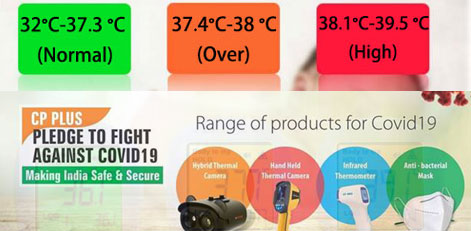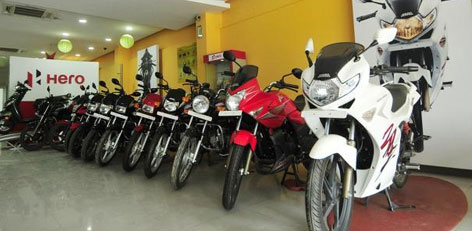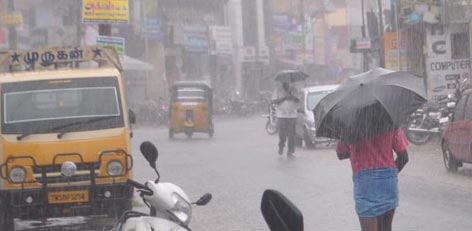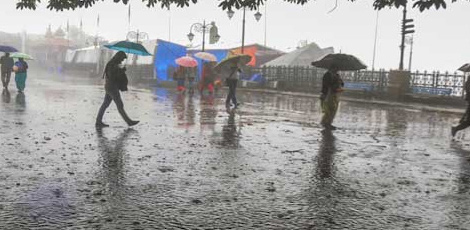
COVID-19 Temperature Measurement & Protective Systems from CP Plus
Posted on: 15/Jun/2020 5:59:02 PM

Novel Coronavirus disease (COVID-19) is an infectious disease caused by a new virus. The disease causes respiratory illness (like the flu) with symptoms such as a cough, fever, and in more severe cases, difficulty breathing. You can protect yourself by washing your hands frequently, avoiding touching your face, and avoiding close contact (1 meter or 3 feet) with people who are unwell, Coronavirus disease spreads primarily through contact with an infected person when they cough or sneeze. It also spreads when a person touches a surface or object that has the virus on it, then touches their eyes, nose, or mouth.
CP Plus launches the industry`s latest thermal camera, which is capable of highly accurate body temperature monitoring �0.3℃ (with blackbody). With a built-in AI algorithm, it can monitor multiple persons from up to 3-meter distance, enabling fast and non-contact access. CP Plus Thermal Imaging Cameras See High Demand Worldwide as COVID-19 Checks Become Regular. Major employers are experimenting with thermal cameras to ensure workers do not enter factories with potential illness, a critical part of maintaining production during the pandemic that could become more widespread as economies reopen. The most common method for checking employee temperatures, used by the handheld thermometer. But that limits how fast workers can enter a building and requires operators to stand inside the 6-foot (1.8 m) boundary recommended for social distancing. CP Plus Thermal cameras, which measure the amount of energy an object emits relative to its surroundings, represent a potentially safer non-contact alternative. The cameras scan people as they enter through doorways or hallways and send alerts to pull aside an employee for a check with a thermometer.
Thermal camera technology came into widespread use in airports all over Asia after the SARS epidemic in 2003. Fever-detection requirements around the world have renewed interest in the technology, with systems that include the cameras, displays, and other needed hardware. Thermal screening is a process of detecting radiation. The amount of radiation emitted by an object increases with temperature; therefore, thermography allows one to see variations in temperature. If someone has a fever, the thermal screening will allow detecting them and they can further be tested for coronavirus







